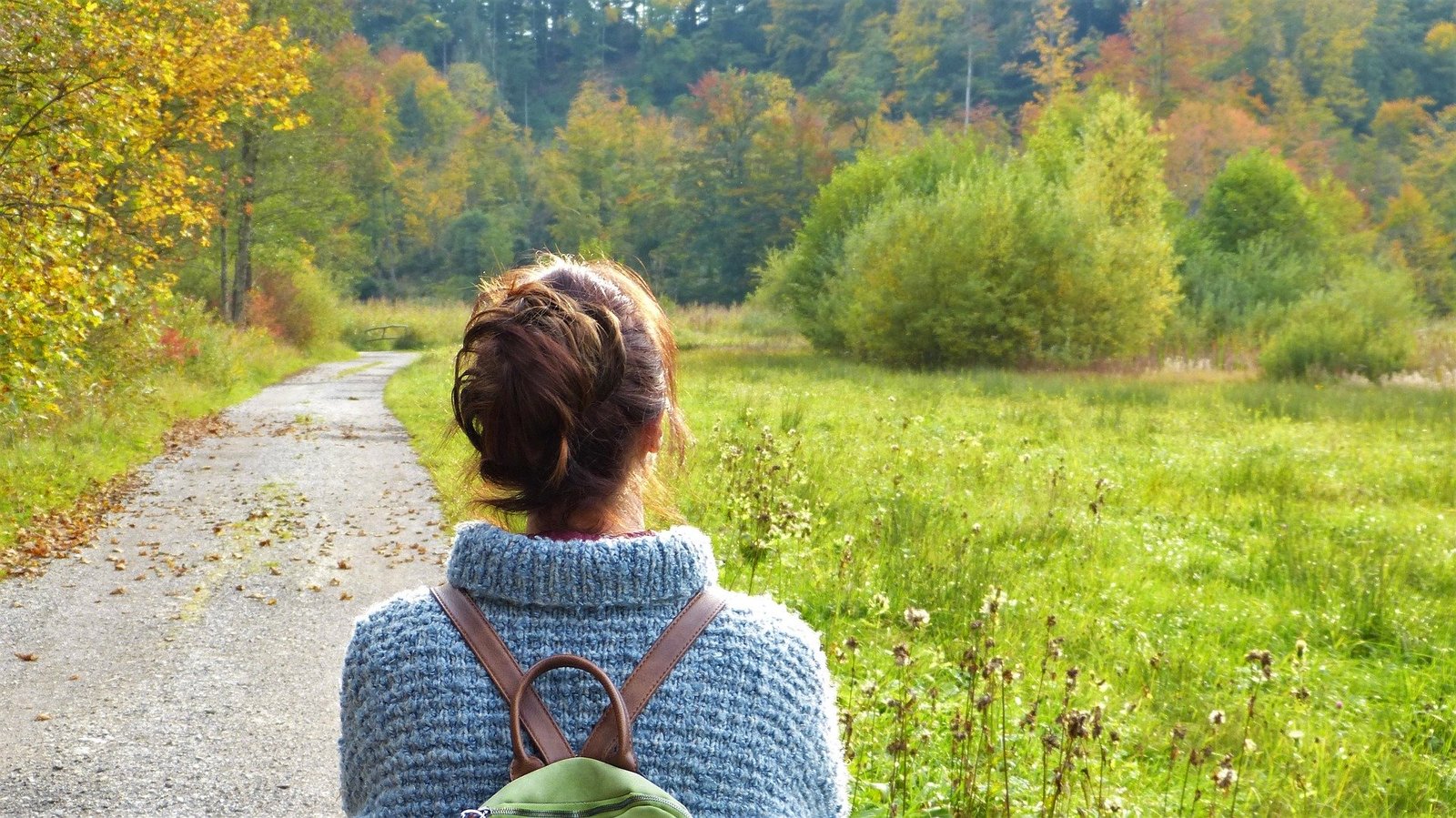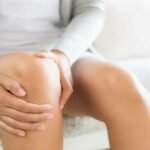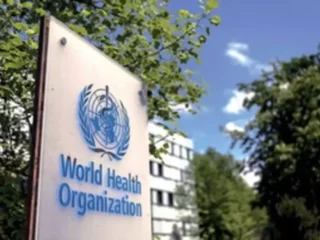The World Health Organization is cautioning against the idea of “immunity passports.” It says there is currently no evidence that people who have recovered from COVID-19 and have antibodies are protected against a second infection.
The concept of “immunity passports” or “risk-free certificates” has been floated as a way of allowing people protected against reinfection to return to work.
But the Geneva-based UN health agency says more research is needed.
It says that “at this point in the pandemic, there is not enough evidence about the effectiveness of antibody-mediated immunity to guarantee the accuracy of an ‘immunity passport’ or ‘risk-free certificate.’”
It argues that people who assume they are immune to reinfection may ignore public health advice, and such certificates could raise the risks of continued virus transmission.
WHO adds that tests for antibodies of the new coronavirus also “need further validation to determine their accuracy and reliability.”
Scientific Brief By WHO
WHO has published guidance on adjusting public health and social measures for the next phase of the COVID-19 response
The development of immunity to a pathogen through natural infection is a multi-step process that typically takes place over 1-2 weeks. The body responds to a viral infection immediately with a non-specific innate response in which macrophages, neutrophils, and dendritic cells slow the progress of virus and may even prevent it from causing symptoms. This non-specific response is followed by an adaptive response where the body makes antibodies that specifically bind to the virus. These antibodies are proteins called immunoglobulins. The body also makes T-cells that recognize and eliminate other cells infected with the virus. This is called cellular immunity. This combined adaptive response may clear the virus from the body, and if the response is strong enough, may prevent progression to severe illness or re-infection by the same virus. This process is often measured by the presence of antibodies in blood.
Where Are ‘Immunity Passports’ Being Considered?
Last week Chile said it would begin issuing “health passports” to people deemed to have recovered from the illness.
In Sweden, which has chosen to keep large parts of society open, some scientists believe people may end up with much higher immunity levels compared with those living under stricter regulations.
In Belgium, which has one of the highest death rates per capita but is planning to gradually relax lockdown restrictions from 11 May.
Earlier this week Professor Mala Maini from University College London said reliable antibody tests were urgently needed to determine how long antibodies persisted and whether they conferred protection.







